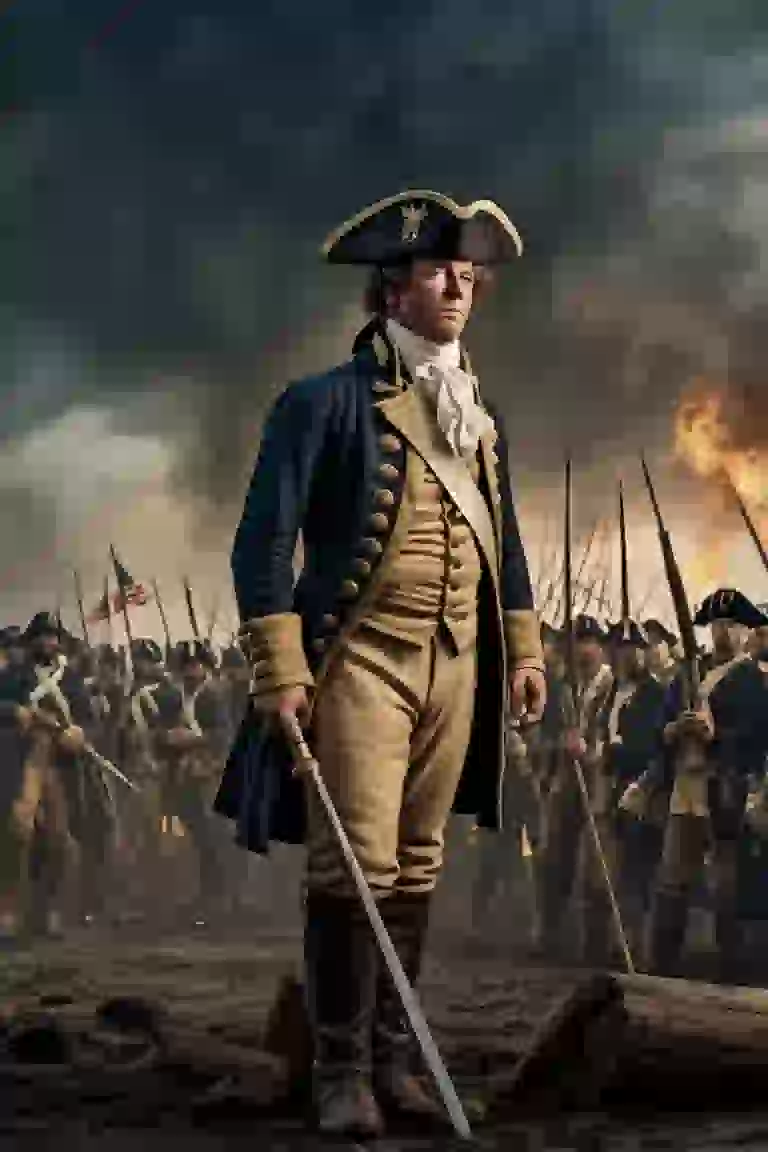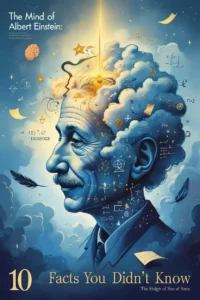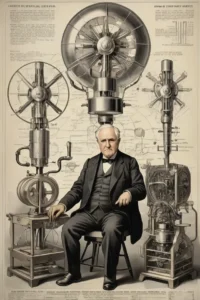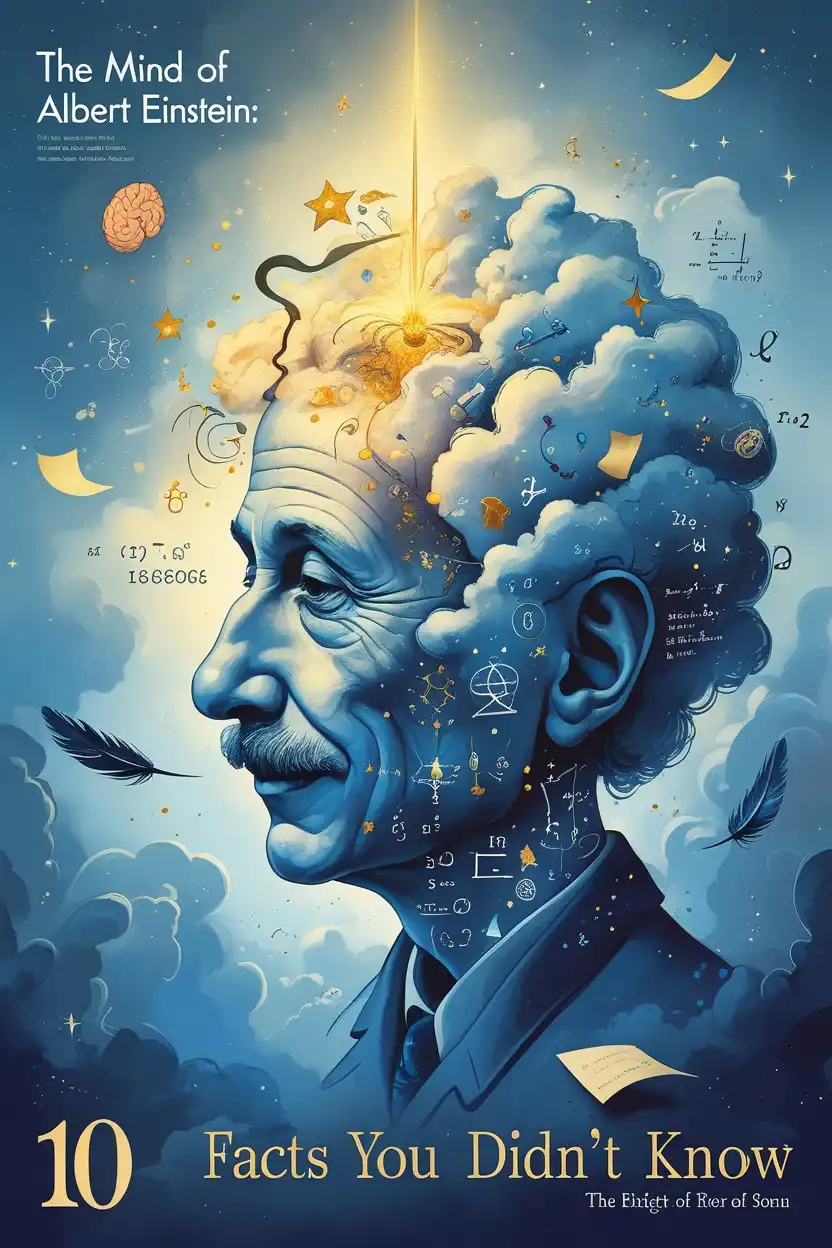The Sons of Liberty were a group of passionate patriots who played a pivotal role in igniting the American Revolution. Emerging as a secret organization in the 1760s, they stood as a symbol of resistance against British tyranny and laid the groundwork for the United States’ fight for independence. Their fearless actions and unwavering commitment to liberty continue to inspire generations. This article explores the origins, key events, and legacy of the Sons of Liberty, shedding light on their enduring impact on history.
Who Were the Sons of Liberty?
The Sons of Liberty were a loosely organized group of American colonists who opposed British policies and taxation without representation. They were not an official political entity but rather a grassroots movement made up of merchants, tradesmen, and ordinary citizens. Their primary goal was to protect colonial rights and push back against oppressive measures imposed by the British Crown.
The group first gained prominence in 1765, in response to the Stamp Act, a direct tax levied by Britain on printed materials in the colonies. This act was seen as an affront to colonial autonomy, and the Sons of Liberty quickly mobilized to resist it. Their motto, “No taxation without representation,” became a rallying cry for American colonists.
Key Events Led by the Sons of Liberty
1. The Stamp Act Protests (1765)
The Stamp Act marked a turning point in colonial resistance. The Sons of Liberty organized widespread protests, boycotts, and demonstrations to oppose the act. They used public gatherings, pamphlets, and even effigies to express their dissent. Their efforts culminated in the repeal of the Stamp Act in 1766, showcasing their ability to influence British policies.
2. The Boston Tea Party (1773)
Perhaps the most famous act of defiance orchestrated by the Sons of Liberty was the Boston Tea Party. On December 16, 1773, members of the group disguised themselves as Mohawk Indians and boarded British ships in Boston Harbor. They dumped 342 chests of tea into the water as a protest against the Tea Act, which granted the British East India Company a monopoly on tea sales in the colonies. This bold act escalated tensions between Britain and the colonies, setting the stage for revolution.
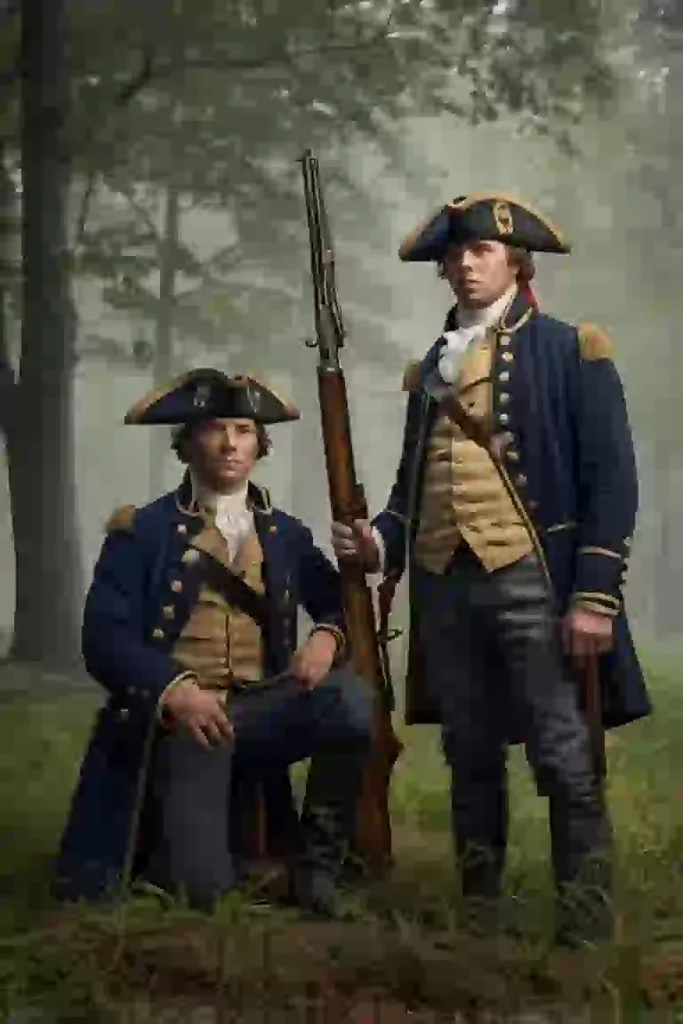
3. The Townshend Acts Boycotts
The Sons of Liberty also played a significant role in opposing the Townshend Acts, which imposed taxes on essential goods such as glass, paper, and tea. They organized non-importation agreements, encouraging colonists to boycott British goods. These actions not only hurt British merchants but also fostered unity among the colonies.
4. The Committees of Correspondence
To coordinate resistance efforts across colonies, members of the Sons of Liberty helped establish Committees of Correspondence. These committees facilitated communication and shared strategies for opposing British rule. They were instrumental in building a sense of shared purpose among the colonies.
Key Figures in the Sons of Liberty
While many members of the Sons of Liberty operated in secrecy, several prominent figures emerged as leaders:
- Samuel Adams: Often regarded as one of the founders of the Sons of Liberty, Adams was a master propagandist and organizer who played a central role in mobilizing colonial resistance.
- Paul Revere: Known for his famous midnight ride, Revere was also an active member who contributed to spreading revolutionary ideas through his engravings and pamphlets.
- John Hancock: A wealthy merchant and smuggler, Hancock provided financial support for the group’s activities and became a prominent figure in the fight for independence.
- Patrick Henry: Although not directly tied to the Boston-based group, Henry’s fiery speeches (“Give me liberty, or give me death!”) captured the spirit of the Sons of Liberty.
The Legacy of the Sons of Liberty
The Sons of Liberty were more than just agitators; they were visionaries who dreamed of a free and independent nation. Their actions inspired ordinary colonists to take a stand against oppression and helped build momentum for the American Revolution. By challenging an empire, they demonstrated that collective action could bring about meaningful change.
Their legacy lives on in modern movements that seek justice and equality. The Sons of Liberty remind us that courage and determination can overcome even the most formidable challenges.
FAQs About the Sons of Liberty
1. Why were they called the Sons of Liberty?
The name “Sons of Liberty” was reportedly coined by Irish-born British politician Isaac Barré during a speech in Parliament. He used it to describe American colonists resisting British oppression, and the term was later adopted by the group.
2. Were the Sons of Liberty violent?
While they preferred nonviolent methods like boycotts and protests, some actions—such as tarring and feathering tax collectors—were aggressive. Their tactics were often controversial but aimed at drawing attention to their cause.
3. Did the Sons of Liberty exist in all colonies?
Yes, while they were most active in cities like Boston and New York, similar groups formed across all thirteen colonies. Their shared goals helped unify resistance efforts against British rule.
4. What happened to the Sons of Liberty after independence?
After independence was achieved, many members went on to play significant roles in shaping the new nation. The group itself dissolved as its mission was accomplished.
5. How did their actions influence modern protests?
The Sons of Liberty set a precedent for grassroots activism and civil disobedience. Their methods—organizing protests, spreading information, and building solidarity—are still used by movements advocating for change today.
Conclusion
The Sons of Liberty were more than just rebels; they were architects of revolution and champions of freedom. Their courage in defying an empire laid the foundation for American independence and inspired countless others to fight for justice. As we reflect on their legacy, we are reminded that even in the face of overwhelming odds, ordinary people have the power to change history.
